ABOUT US
The level of health of the soil and land resources in the Mediterranean Region (MR) is low and already inadequate to support economic development and food security targets, particularly in Near East and North Africa (NENA) countries. The limited availability and quality of soil data and information (SDI) and the low use made of them in the region are major barriers to sustainable land management, to the design and implementation of policies aimed at protecting, restoring, and improving soil health, and to the achievement of targets related to the Sustainable Development Goals for 2030 (land degradation neutrality, food security, climate change, and biodiversity loss, and economic development). SOILS4MED has the following objectives: 1. Engage with stakeholders in line with the Living Lab approach and raise awareness on the benefits deriving from increased investment in SDI; 2. Develop policy relevant integrated indicator sets and monitoring protocols adapted to the environment specificities and needs of the MR; 3. Validate the protocols in study areas representing major agro-ecological regions and soil types, generating the first region-wide harmonized soil health dataset for the MR; 4. Demonstrate the capacity of the SDI produced by the protocols, integrated by legacy soil data, to feed state-of-the-art tools to support sustainable soil and water management, land degradation neutrality, and to enhance regional soil condition mapping including carbon stock mapping; and 5. Design and implement standardized country-based soil information systems (SIS) for the effective management and use of SDI. SOILS4MED works in synergy with international initiatives on SDI availability and use in the MR, particularly supporting SDI harmonization efforts conducted by FAO’s Global Soil Partnership and ongoing international soil health mapping initiatives by JRC, FAO, and ISRIC.

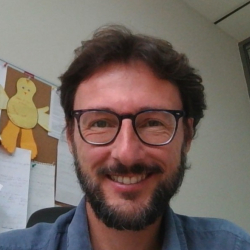














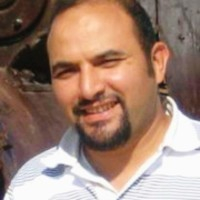

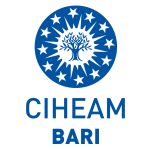





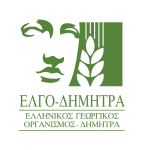
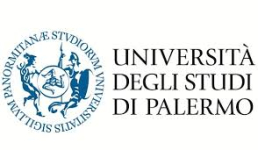

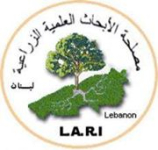
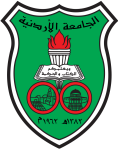
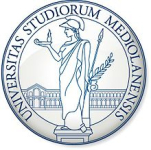
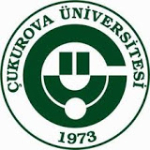

.jpg)









